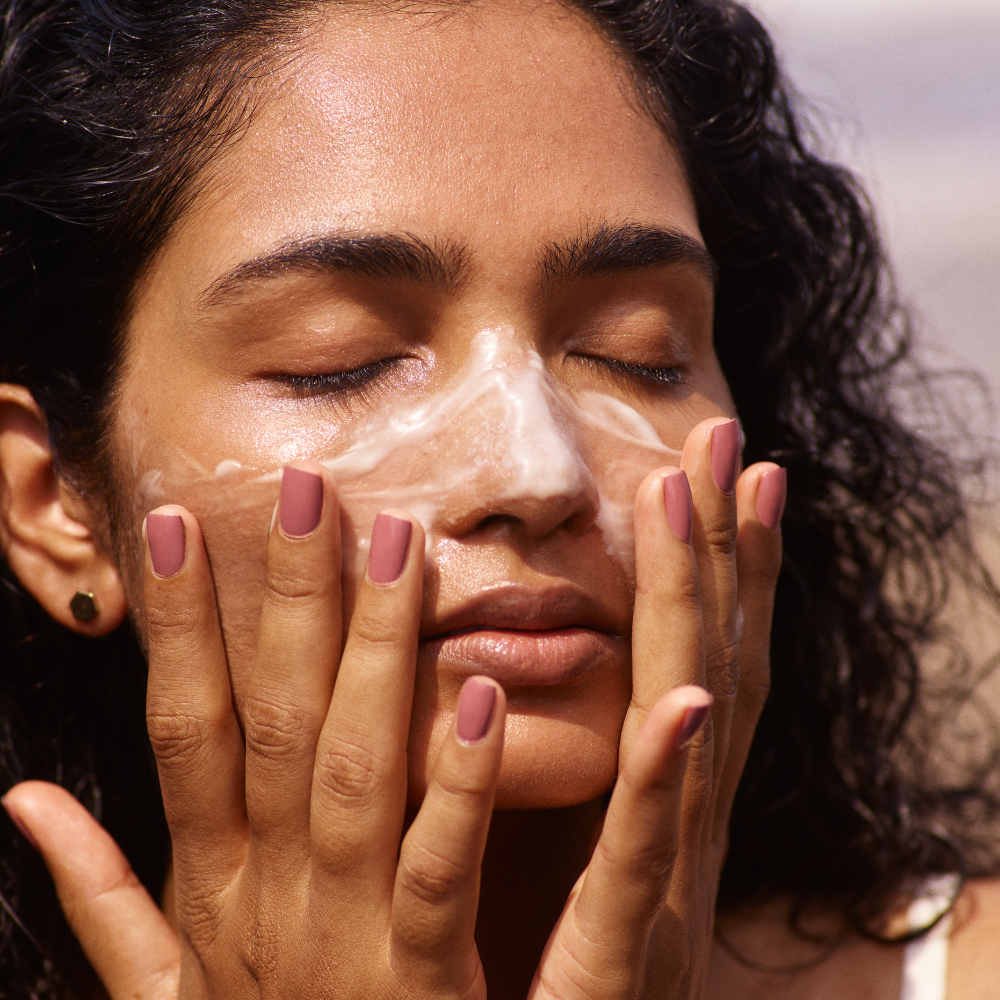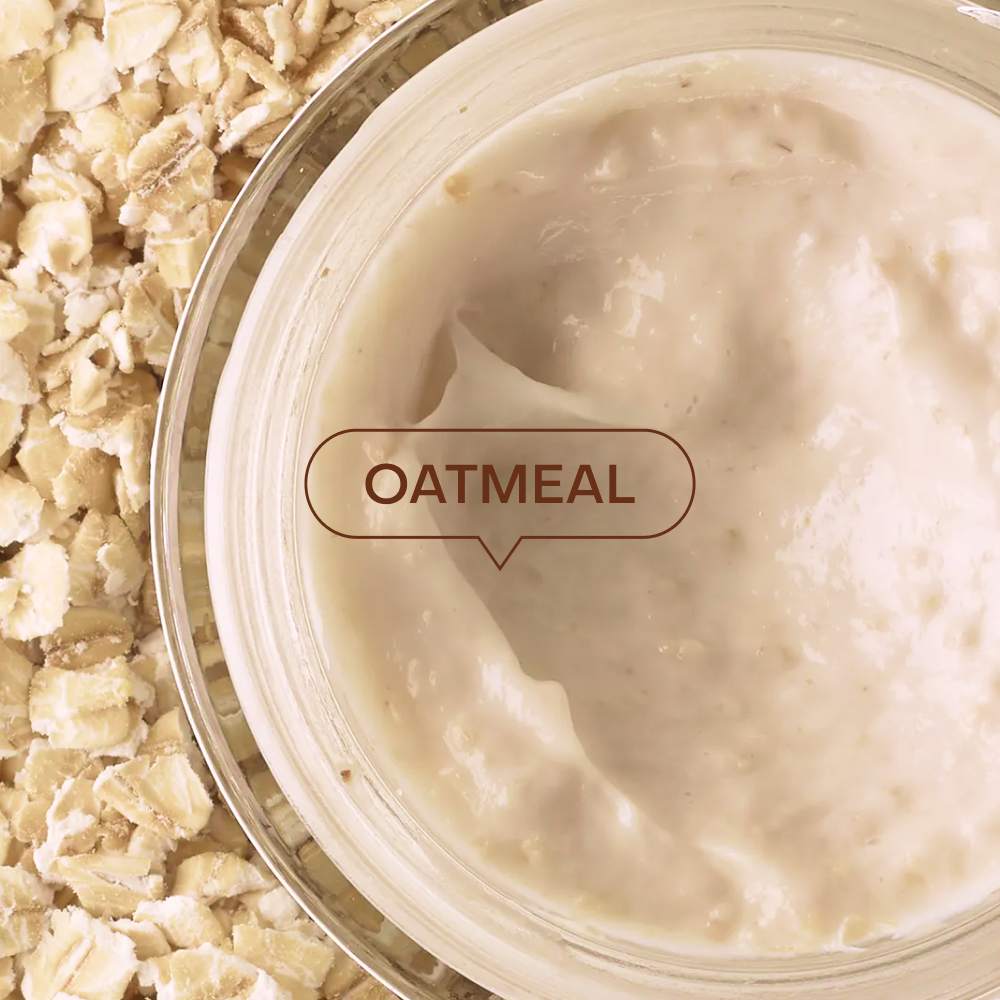
The internet calls it a magic potion but, in reality, vitamin C serums are just expertly formulated vials of serum that fulfil multiple functions for the skin. Much like its other popular pals – niacinamide and hyaluronic acid – vitamin C has become essential in skincare routines. Because of it being a strong antioxidant and acting towards both a brighter complexion and supple skin texture, vitamin C happens to be the leader of the skincare gang.
However, introducing new vitamin C variants to your skin, specifically those combined with other serums, requires time, effort and, most importantly, precaution. We’ve put together a list of don’t when it comes to using vitamin c, as well as the other ingredients to avoid using in conjunction with vitamin C.

How not to use it: vitamin C mistakes to avoid
1. Using an expired or oxidised serum:
Vitamin C serum can oxidise and lose its potency over time. It's important to check the expiration date and colour of the serum before use. A yellow or brown colour may indicate that the serum has oxidised and is no longer effective.
2. Forgetting to patch test:
Some people may experience skin irritation or allergic reactions when using vitamin C serum. It's important to patch-test the serum on a small area of the skin – maybe the jawline or the inner part of the arm – before applying it to the face.
3. Using too much or too little:
Too much vitamin C serum can cause skin irritation and too little may not provide the desired results. It's best to follow the instructions on the product label and start with a small amount of serum, gradually increasing the amount based on your skin’s needs.
4. Not using sunscreen:
Vitamin C serum can make the skin even more sensitive to the sun, making it especially important to use a broad-spectrum sunscreen with an SPF of 30 or higher to protect the skin from UV damage.
5. Using a low-quality or ineffective serum:
Not all vitamin C serums are created equal. Choosing a serum with a stable and potent form of vitamin C, such as L-ascorbic acid, along with other beneficial ingredients like vitamin E, hyaluronic acid, and ferulic acid is important.
What not to pair with it: ingredients that render vitamin c ineffective for skin
1. Benzoyl peroxide:
Benzoyl peroxide, a common ingredient for acne treatment, can oxidise vitamin C and render it ineffective if used before or after a vitamin C-infused serum or moisturiser.
2. Retinol:
Retinol is a powerful anti-ageing ingredient that tends to be a little harsh on the skin when used in combination with vitamin C. Using both ingredients together would mean inviting the risk of skin irritation and sensitivity. It’s best to divvy up the two and use vitamin C in your AM routine while you keep retinol a part of your PM routine.
3. AHAs and BHAs:
AHAs and BHAs are exfoliating agents that can cause skin irritation when used with vitamin C. It's best to use them on different days or at different times of the same day.
4. Niacinamide:
Niacinamide is a form of vitamin B3 that can reduce the effectiveness of vitamin C when they’re used simultaneously.
5. Copper peptides:
Copper peptides and vitamin C are known to cancel out each other’s benefits. Thus, these peptides should be avoided when using vitamin C products.
























